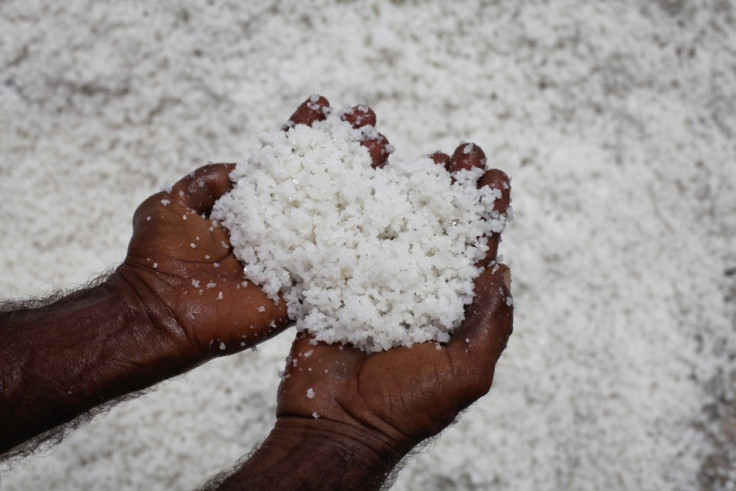Nutrition facts: Less salt in your diet may not lower heart attack risk

An in-depth study into the health effects of salt has found no evidence that small cuts to sodium intake reduces the risk of developing heart disease or dying prematurely, researchers said on Wednesday.
In a comprehensive review published by The Cochrane Library, scientists from the Universities of Exeter and Plymouth reviewed data from nearly 6,500 participants and found that while eating less salt did lower heart pressure, it did not significantly reduce the risk of developing heart disease or dying prematurely.
MUST READ: Salt Health Risk: 10 Foods to Avoid for Long Life
But researchers suspect the data gathered was in no way large enough to display any benefits to heart health and cautioned the general public on ignoring health warnings attached to high-salt content products until further studies can be carried out.
"We would require some 2,500 cardiovascular events in over 18,000 trial participants to detect a small reduction in relative risk," they wrote. They also suggested the study subjects only moderately lowered their salt intake, so the effect on blood pressure and heart disease was small.
"With governments setting ever lower targets for salt intake and food manufacturers working to remove it from their products, it's really important that we do some large research trials to get a full understanding of the benefits and risks of reducing salt intake," Rod Taylor, of Exeter University, who led the review, told Reuters.
Health officials involved in the research agree that the association between salt consumption and heart disease is complex and more data will be required before any further conclusions are drawn.
"I had been long concerned that the bold and strident public health recommendations of trying to reduce salt intake in Western societies was not based on robust data and may be premature," Dr. Salim Yusuf, professor medicine at McMaster University in Hamilton, Canada told ABC News.
But the report's findings have attracted criticism from health experts worldwide. Francesco Cappuccio, head of the World Health Organisation's collaborating centre for nutrition at Warwick University, said it was "a surprisingly poor piece of work".
"This study does not change the priorities outlined worldwide for a population reduction in salt intake to prevent heart attacks and strokes, the greatest killers in the world," he told Reuters
In Britain, the National Institute of Health and Clinical Guidance (NICE) has called for an acceleration of the reduction in salt in the general population from a maximum intake of 6 grams(g) a day for adults by 2015 to 3g by 2025.
U.S. guidelines recommend Americans consume less than 2.3g of salt daily, or 1.5g for certain people who are more at risk for high blood pressure or heart disease.
© Copyright IBTimes 2025. All rights reserved.





















